The Gyre Expedition: Creating Art From a Plastic Ocean

A team of scientists, artists, and filmmakers assembled for an expedition off the coast of Alaska, exploring remote beaches to assess the impact of debris washing out of the great gyres, in the Pacific Ocean. The goal: to create art from the trash they find and raise awareness about its impact on oceans and wildlife.
International Coastal Clean Up, 2013
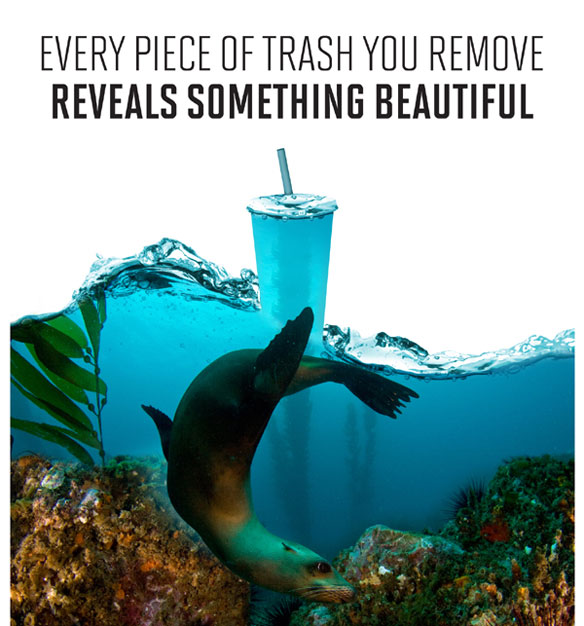
Over the last 25 years, Ocean Conservancy has been bringing together passionate ocean lovers and helping them contribute to a vision for trash free seas. Join the biggest volunteer day on the planet to remove pollution and unnatural debris on beaches, coasts and inland locations!
Shoppers in England to be Charged For Plastic Bags
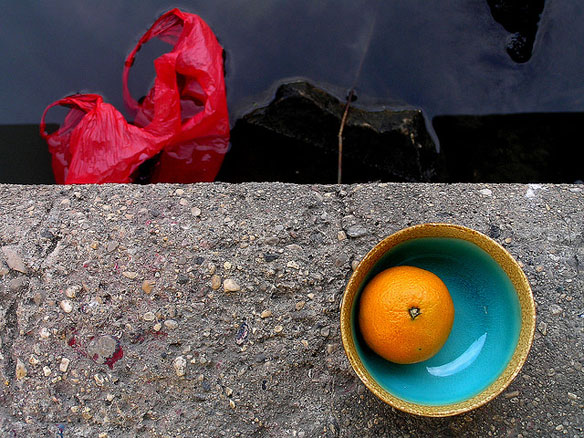
Uk’s deputy prime minister Nick Clegg, to unveil new 5p cost of bags in supermarkets and large stores to cut use of environmentally damaging products.
Molasses spill in Honolulu Harbor poses calamity for marine life
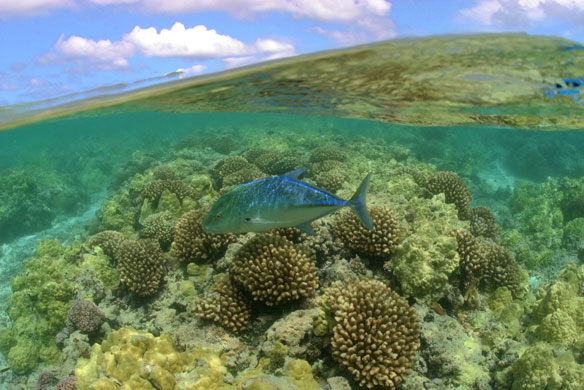
As much as 1,400 tons of molasses spill into Honolulu Harbor, killing thousands of fish, and officials say there’s no way to clean it up.
Ocean Litter Is Being Ingested By Humans
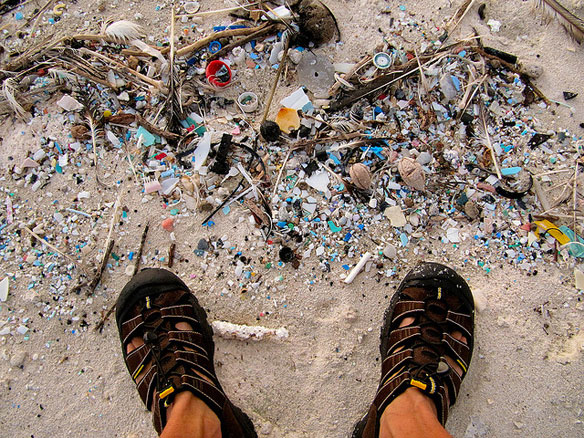
The plastic peril inflicting our oceans is now so severe humans are ingesting particles of litter, a leading marine expert has warned.
Study Links Mercury Levels In Fish To Coal-Fired Power Plants
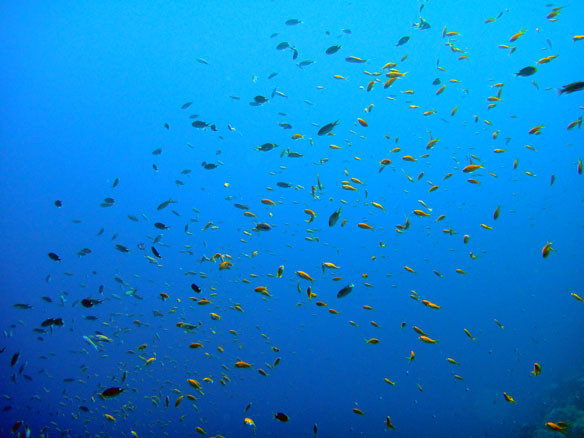
As if you needed another reason to cringe at the number of coal-fired power plants operating on our fragile Earth, a new study published in Nature Geoscience links power plants in China and India to the ever-increasing mercury levels of fish in the Pacific Ocean…
Rare Sea Turtles Eating Plastic At Record Rate

Sea turtles around the world are eating plastic at an unprecedented pace, a new study reveals, with some species downing twice as much as they did 25 years ago. This indigestible, potentially fatal diet is especially popular among young turtles…
Hydraulic Fracturing Fluids Likely Harmed Threatened Fish Species
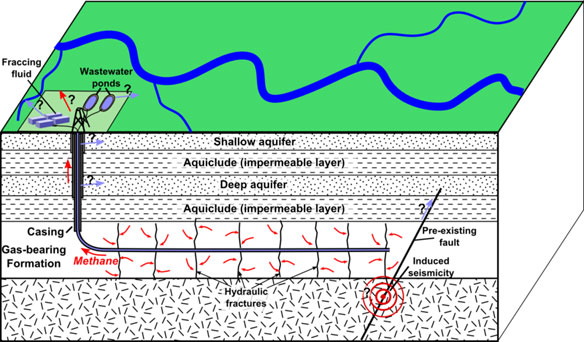
Hydraulic fracturing fluids are believed to be the cause of the widespread death or distress of aquatic species in Kentucky’s Acorn Fork, after spilling from nearby natural gas well sites.
Sea Otters: Combat Water Pollution And Promote Recovery of Seagrass Beds
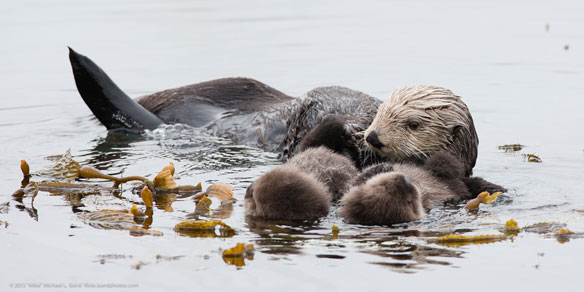
Seagrass meadows, which provide coastal protection and important habitat for fish, are declining worldwide, partly because of excessive nutrients entering coastal waters in runoff from farms and urban areas. Scientists studying the decline and recovery of seagrass beds in one of California’s largest estuaries have found that recolonization of the estuary by sea otters was a crucial factor in the seagrass comeback.
